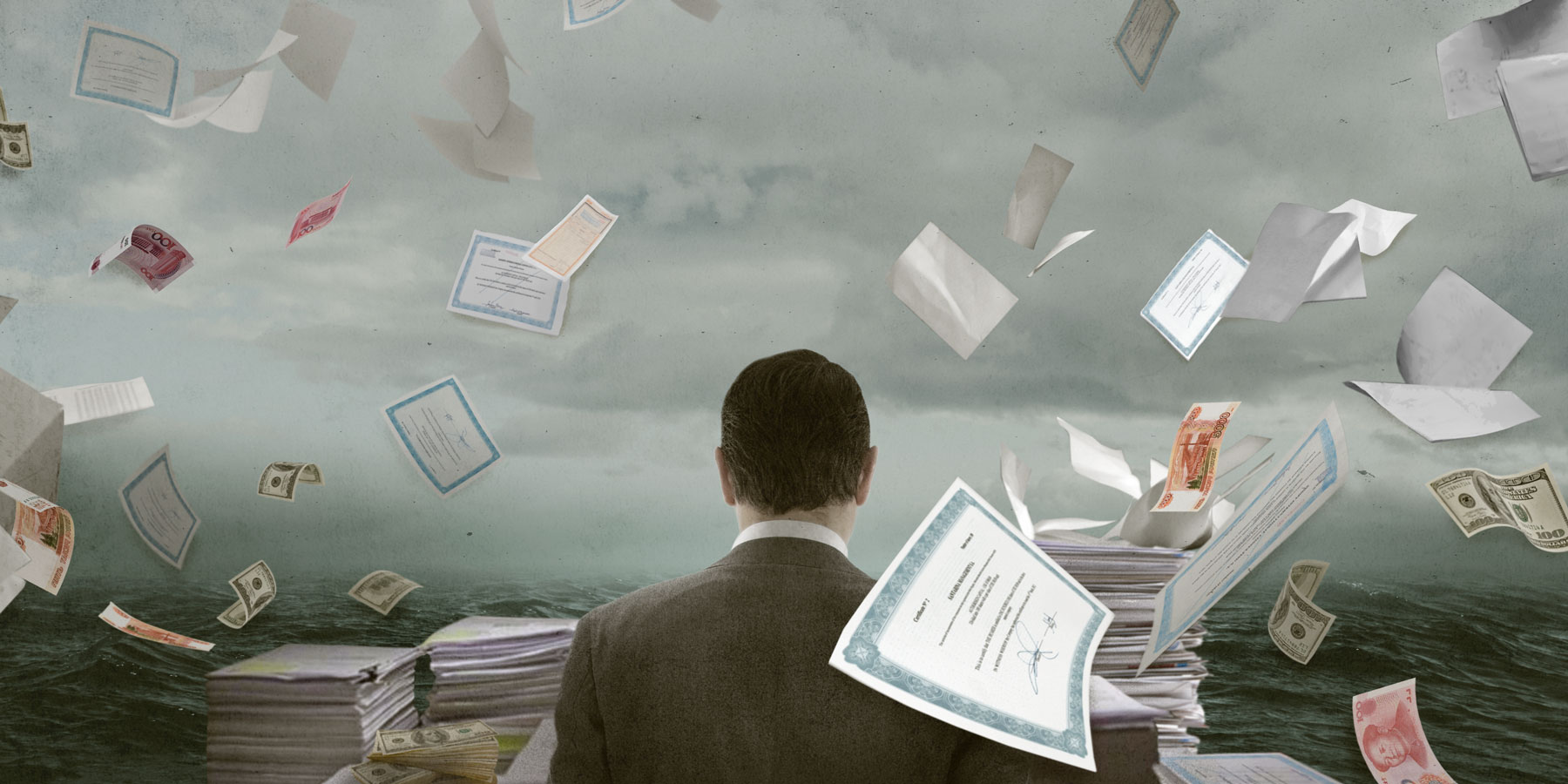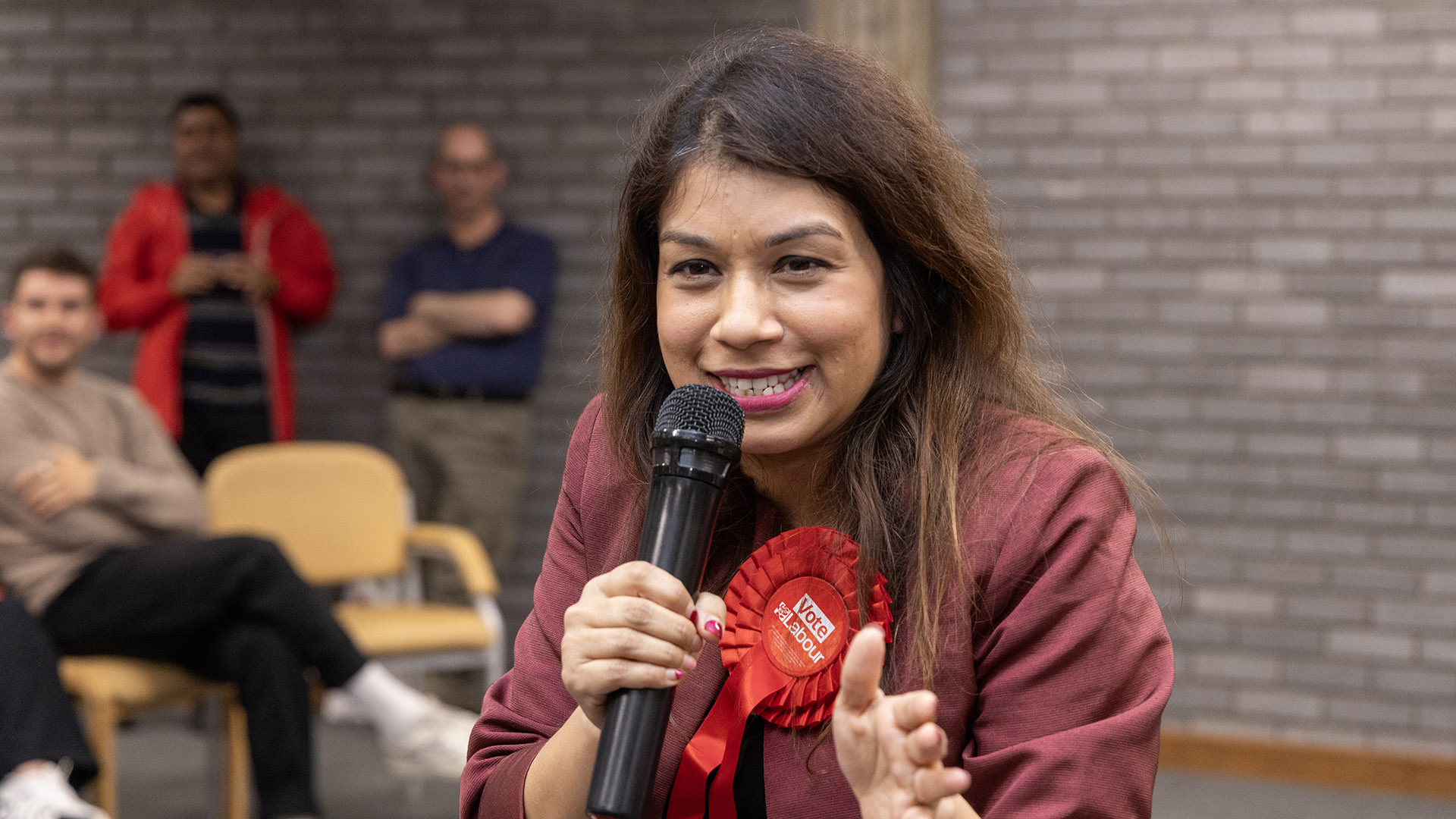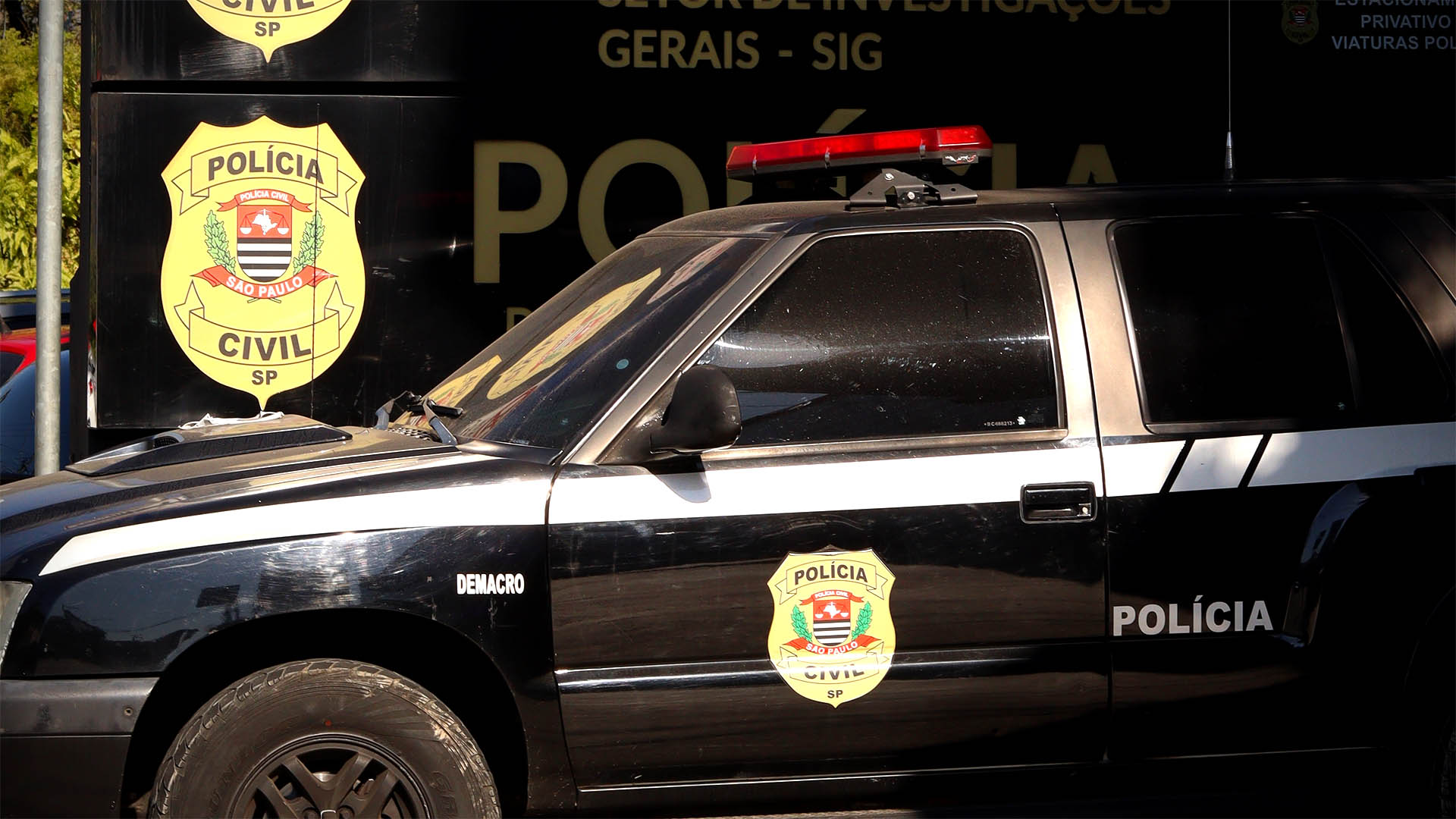When the International Consortium of Investigative Journalists and more than 100 media partners began publishing the Panama Papers investigation on April 3, 2016, almost no country was untouched by its revelations.
Governments in more than 70 countries have launched over 150 investigations, inquiries, audits and probes into the affairs of thousands of people and corporations linked to Panama Papers. Just last month, Malta’s tax office announced it had recovered more than $10 million as a result of investigations sparked by the Panama Papers and another ICIJ project, Swiss Leaks.
One year after the Panama Papers first became an international catchphrase, here’s a globe-hopping update on the people and institutions caught up in the scandal:
The law firm and the eponymous jurisdiction

In March, Mossack Fonseca, the Panama-headquartered law firm at the center of the Panama Papers affair, announced that it had been forced to dismiss 250 employees from its offices worldwide due to the “current media, political and economic environment.”
Authorities in Panama have detained Jürgen Mossack and Ramón Fonseca, the firm’s founders, since Feb. 9 on money laundering charges.
The men’s lawyer, Guillermina McDonald, denies her clients are guilty of wrongdoing and has accused Panama’s government of “selective justice” in its investigation of Mossack and Fonseca.
Last month, a Panamanian prosecutor held a press conference to update the public on the investigation into Mossack Fonseca, and claimed to have a “solid case” against the firm. Mossack Fonseca’s lawyers denied the government’s accusations and called for the men’s release.
Iceland votes, but what has changed?

Sigmundur Davíð Gunnlaugsson, who resigned as prime minister two days after the Panama Papers story first broke, remains a member of parliament.
Gunnlaugsson, who was forced to step down because of reports linking him and his wife to an offshore company, maintains an active Facebook profile, posting about Icelandic banking, new hospitals and the delights of raw meat on crackers.
When his replacement, Bjarni Benediktsson, took over as Iceland’s new prime minister in January 2017, critics noted that his name, too, had been included in the Panama Papers. Benediktsson used an offshore company to hold four apartments in Dubai, he said in response to the Panama Papers revelations.
Can’t stop the music in Russia
Sergei Roldugin, a classical musician and close friend of President Vladimir Putin, has played on even in the wake of Panama Papers documents that place him inside a circle of Putin friends who used offshore companies and bank account to secretly move some $2 billion around the world. Roldugin played the cello at a concert in Palmyra, Syria, in May 2016, one month after Panama Papers reports about him made global headlines.
Later in 2016, Putin gave the cellist and conductor a national award to recognize his contribution as an “outstanding citizen.” In February 2017, Russian media reported that the government had granted a tax exemption to an education foundation established by Roldugin in the city of Sochi.
Fallout differs in Pakistan and India

Pakistani Prime Minister Nawaz Sharif has been under pressure for a year in the face the Panama Papers’ revelations that his children owned shell companies that held homes in London.
In September, thousands of protesters swelled Islamabad’s streets to call for Sharif’s resignation. Opposition parties have been attacking him in court, alleging that Sharif failed to declare his family’s offshore connections. Sharif and members of his family deny wrongdoing. A decision in the case by Pakistan’s Supreme Court is expected any day.
Meanwhile, across the border in India, focus has been fixed on the efforts of the multi-agency taskforce created to investigate India’s black cash scandals: just last month, regulators announced that their probe has expanded to 424 Indian clients of Mossack Fonseca.
Uncertainty reigns in U.S. political upheavals
With Donald Trump in the White House, it’s unclear what will happen with Panama Papers-related investigations started during the Obama administration by the Senate Finance Committee and by the office the U.S. Attorney’s office in Manhattan.
In March, Trump fired Preet Bharara, long-time U.S. Attorney for Manhattan, raising concerns about whether aggressive investigations by the office would be stymied. The Senate committee did not respond to ICIJ’s requests for information on the status of the investigations while the Department of Justice refused to comment.
Investigation goes on
In the 12 months since the Panama Papers published, ICIJ has continued investigating the massive dataset at the project’s core. We’ve added more than 100 additional reporters, mostly from countries where we hadn’t worked previously, to take the overall number of collaborators well beyond 500 journalists.
The work of ICIJ and its many global partners has gone on to be honored with prizes or shortlisted for dozens of international awards, and journalists continue producing new investigative stories based on Panama Papers data on a regular basis.
The general public has also been diving into the more than 500,000 records of offshore entities in ICIJ’s Offshore Leaks database, which has been visited more than 7 million times. ICIJ has received hundreds of tips to help fuel future stories, and continues to encourage whistleblowers to send through information for further investigation.
We’re aiming to raise $50,000 (or more!) over the coming weeks to contribute towards our next big investigation.
So please, pledge your support for ICIJ and help us in our mission to expose wrongdoing and to hold the world’s most powerful people to account.





